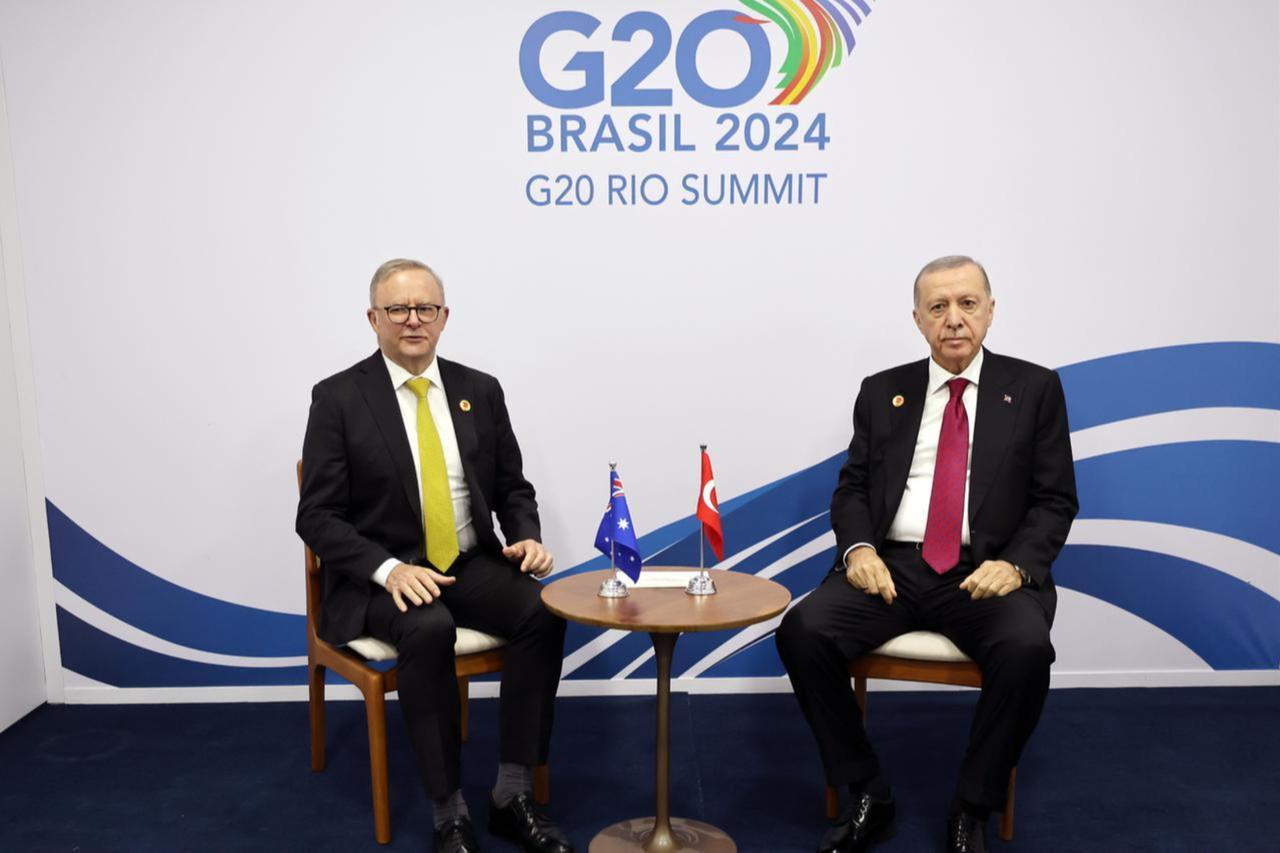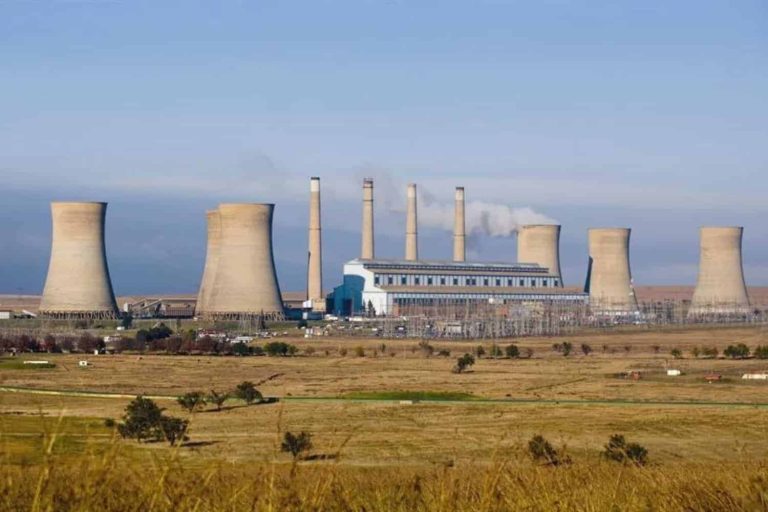
None
The 2026 United Nations Climate Change Conference (COP31) is now expected to take place in Turkey, following a surprise compromise that saw Australia withdraw its bid to host the global climate summit. The agreement, reached during ongoing negotiations at COP30 in Belém, Brazil, has ended months of deadlock within the UN regional grouping responsible for selecting the host country.
Under UN rules, responsibility for hosting COP31 falls to the Western Europe and Others Group (WEOG), which includes Australia and Turkey. However, neither side had been willing to concede until a deal was struck: Turkey will host the event in the Mediterranean city of Antalya, while Australia’s climate minister, Chris Bowen, will serve as COP president — a rare arrangement in UN climate diplomacy.
Traditionally, the COP president is drawn from the host nation, making this shared leadership model highly unusual. Observers say the structure raises questions about how responsibilities will be split in practice, though Bowen insists the arrangement will function smoothly.
“As COP president, I would have all the powers required to guide negotiations — from appointing co-facilitators to drafting the cover decision,” Bowen said in Belém. He confirmed that Turkey will appoint a venue president responsible for logistics, scheduling, and operations.
The agreement also includes a symbolic concession to Pacific Island nations: a pre-COP meeting will be held on a Pacific island state before the main summit in Turkey.
Australian Prime Minister Anthony Albanese described the outcome as “an outstanding result,” emphasising that Pacific climate priorities would remain “front and centre.” He noted discussions held with Papua New Guinea’s Prime Minister James Marape and Fiji’s Prime Minister Sitiveni Rabuka.
However, key Pacific leaders expressed disappointment.
Papua New Guinea’s Foreign Minister Justin Tkatchenko told AFP: “We are all not happy. And disappointed it’s ended up like this.”
Solomon Islands leader Jeremiah Manele had earlier warned he would be “disappointed” if Australia failed to secure hosting rights.
Australia had lobbied heavily to bring COP31 to Adelaide as a co-hosted summit with Pacific Island nations, arguing that climate-vulnerable states deserved a central role.
The lack of consensus had become a growing embarrassment for the UN climate system, with fears that failure to reach an agreement would force the conference back to Bonn, Germany — home of the UN climate secretariat — by default.
Bowen said that scenario would have left the world without a COP president or agenda for an entire year, calling it “irresponsible” given the global climate emergency.
Turkey argued it had a strong claim to host COP31 after stepping aside in 2021, allowing the UK to host COP26 in Glasgow. With the latest compromise, Turkish officials are expected to move swiftly into planning mode once ratified by the 190-plus countries attending COP30.
The deal must receive formal approval from the full UN climate assembly, though diplomats say objections are unlikely given the difficulty in reaching the compromise.
As COP30 continues in Brazil, the unexpected Australia–Turkey partnership marks a significant departure from decades of COP hosting tradition. Whether it becomes a new model or remains an exception will depend on how smoothly COP31 operates next year.
For now, the breakthrough ends a prolonged stalemate — and sets the stage for an unprecedented, dual-led global climate summit.
Melissa Enoch



